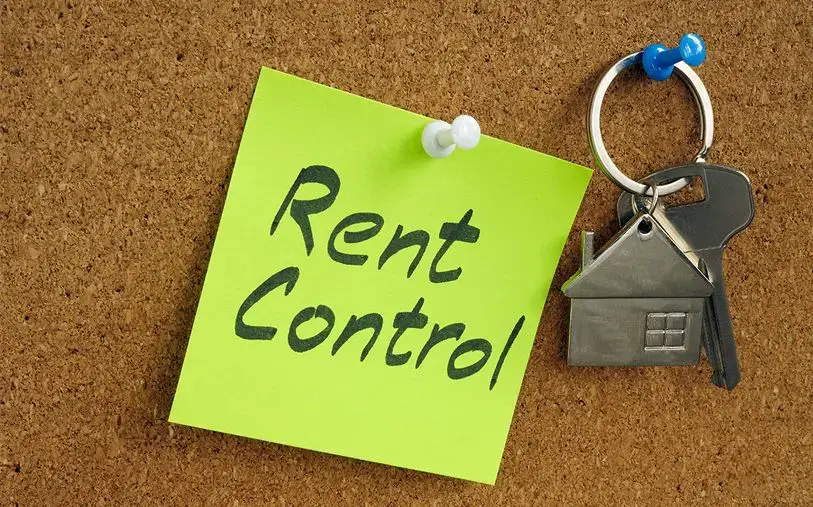Renters' Rights Bill
- easternlandlords
- Dec 4, 2024
- 4 min read
Updated: Feb 13, 2025

What are some of the key changes that Landlords are interested to know surrounding the Renters’ Rights Bill? We have summarized an interesting feature by Suzanne Smith, a previous lawyer turned landlord who shares how you can prepare for the planned changes coming into effect next summer.
All tenancies will be changed. New and existing tenancies will come into effect on the same day. She described it as being a bit like a “big bang for landlords and tenants”, which we thought was an apt definition.
Assured Tenancy
An Assured Tenancy will become the default tenancy, replacing the AST. They will be a periodic tenancy, an indefinite tenancy which will:
last until the tenant either serves at least 2 months to quit (and must expire at the end of a rental period so may be a bit more than 2 months)
the landlord brings the tenancy to an end by obtaining an order for possession using one of the grounds under Section 8
or if the tenant just moves out when they get a section 8 notice.
There will be a change in the way landlords enter into agreements with their tenants? How?
There will be no more fixed term tenancies and if you have an existing AST, on the commencement date for the Bill, it will become a periodic tenancy. So in simple terms, if you are entering into an AST now, before the Bill, it doesn’t matter, they wont continue. On the commencement date, they will become periodic. No fixed terms, no minimum periods.
Section 21 will be abolished and Section 8 notices will be the only way a landlord can end a tenancy themselves, if they have a good ground for possession. There will however be a longer list of grounds, but evidence will need to be provided.

Rent control
Even though rent controls are in the Act to protect tenants, the changes are designed to ensure landlords are not pushed out of the market, fully appreciating that it will be even harder for renters to find an affordable home without a healthy private rental sector. Landlords will still be able to increase rent but only using one method:
A Section 13 process… but with some modifications!
At least two months’ notice will need to be given and only once a year. Rent Review clauses will therefore be null and void. You wont be able to agree to it informally or sign an Addendum unless you have already served a Section 13 notice and have negotiated a lower rent with the tenant. It isn’t difficult to do yourself and ELA will be able to support and help with those down the line. To avoid pitfalls though it will be important that landlords have evidence about the market rent. It will be advantageous too if you speak to your tenant about any proposed Section 13 notice, as well as sending a polite covering letter. Try to be reasonable with the increase to avoid tenants feeling that it is unfair and this will hopefully prevent them from pursuing any action against you. Do keep records by keeping copy adverts, advice from any letting agents for example, to ensure you are able to evidence you are seeking a fair market rent.
As landlords it will continue to be still be good to try to find the right tenant for your property, to ensure a positive relationship is manifested and maintained.
Rights To Have Pets
In some landlords’ experience, they found renters with pets tend to stay longer so it has been beneficial to become a ‘pet friendly landlord’. There will be implied law which means they can keep a pet if they follow the process in the law. A request in writing will have had to be made and landlords must reply back to them in 28 days. Landlords cannot refuse to give consent unless there is a good reason (guidance and examples of good reason will be outlined by the government when the Bill is passed). Landlords will be able to ask tenants to take out pet insurance, or a landlord can take it out themselves, although currently the finer details are unclear on how this will work. Ultimately though it will be important to have a Pet Policy. You will be able to give consent in an Addendum and to name and describe the pet would be a good idea to avoid confusion over which animal is being agreed to.
Council Tax
A positive aspect felt for landlords will be around liability for Council Tax. The new law will make it clear that the tenants are responsible for Council Tax payments until their notice expires, rather than the day they move out.
New offences and fines
The brief version on this matter simply indicates that there are plans to ‘toughen up the penalties significantly’, but we are aware lots will be unpicked around these changes as communications are made clearer down the line.
Do remember though, that ELA are here to offer help and guidance as we move through this new legislation change. Please call the office on 01603 767101 or email info@easternlandlords.org.uk




Comments